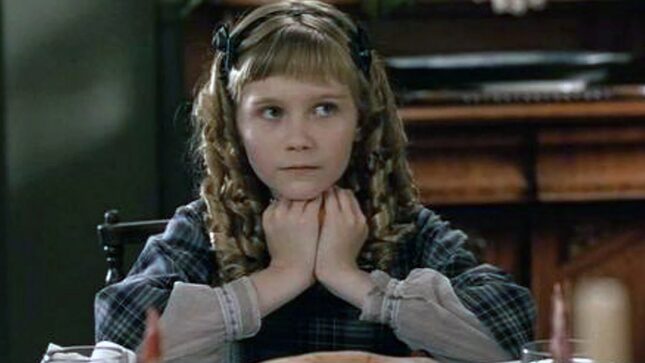In Defense of Amy, the Best March Sister
In Depth

A couple of years ago, I elevator-pitched my second novel as “It’s like if Little Women and Picnic at Hanging Rock were the same book.” I was only about 90 pages into writing it and, even as I said the words, not yet sure if they were at all true. So I decided I’d need to re-read Little Women just to make sure. I hadn’t read the book since I was a child but remembered the basics: Marmee was a saint, Jo was a badass, Amy was a bitch, Meg was in no way remarkable, and Beth was dead.
Like many little girls who wanted to grow up to be writers, I idealized Jo March as the blueprint for the type of woman I wanted to become. She hated fussing with bonnets and slippers and social conventions, because she was serious about her art. Winona Ryder’s big-eyed earnestness in the 1994 film adaptation sold it even more, and somewhere in the years just before I discovered the kinds of sisters I would truly spend the rest of my life thinking about—murder-y ones like the Blackwood girls from We Have Always Lived in the Castle—the March sisters, mostly Jo and excluding Amy, the little brat who burned Jo’s manuscript and thus did not deserve Laurie, were the models for what women, especially women writers, were supposed to be. Consciously or not, this description of Jo’s writing process would become the working definition of what it means to be a Serious Writer by which I would measure myself for the next two decades:
She did not think herself a genius by any means, but when the writing fit came on, she gave herself up to it with entire abandon, and led a blissful life, unconscious of want, care, or bad weather, while she sat safe and happy in an imaginary world, full of friends almost as real and dear to her as any in the flesh. Sleep forsook her eyes, meals stood untasted, day and night were all too short to enjoy the happiness which blessed her only at such times, and made these hours worth living, even if they bore no other fruit. The divine afflatus usually lasted a week or two, and then she emerged from her ‘vortex’, hungry, sleepy, cross, or despondent.
That blissful life—living through words on the page, free of the desire to eat, sleep, or take a quick break just to pop into Glossier and put sparkly things on my eyelids for a few minutes—was what it meant to be a real writer, and becoming a real writer might finally provide a cure for the silly condition of being a woman.
But something unexpected happened when I read Little Women as an adult woman who had actually become a writer. It was now Jo I found insufferable and Amy I was rooting for. Every time Jo pouted away from “girlish gossip,” longing to talk about real subjects, like ice skating, with the raucous boys in the parlor, I found myself rolling my eyes. In Little Women, the only interests worth pursuing, at least where our heroine is concerned, are those enjoyed by men and boys. Works by Dickens and Bunyon are real literary works. Scary Gothic scribblings, mostly by women writers, are unimportant, the ultimate waste of Jo’s talent and time. Jo wants to be a writer, but she wants to be a writer like men are writers. Written off as “trash” is the kind of fiction that so delighted another literary favorite of mine, Northanger Abbey’s Gothic novel aficionado Catherine Morland:
-

-

-

-

-

-

-

-

-

-

-

-

-

-

-

-

-

-

-

-

-

-

-

-

-

-

-

-

-

-

-

-

-

-

-

-

-

-

-

-








































